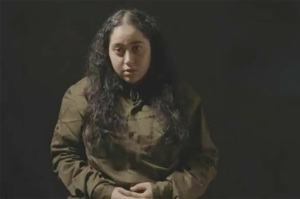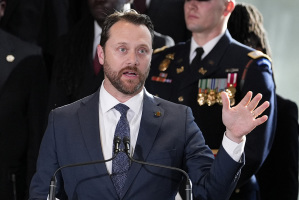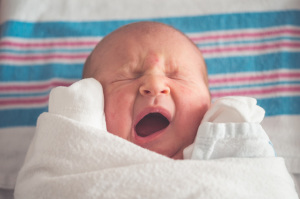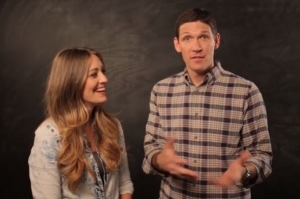Liz Cheney apologizes for previous opposition to same-sex marriage: 'I was wrong'
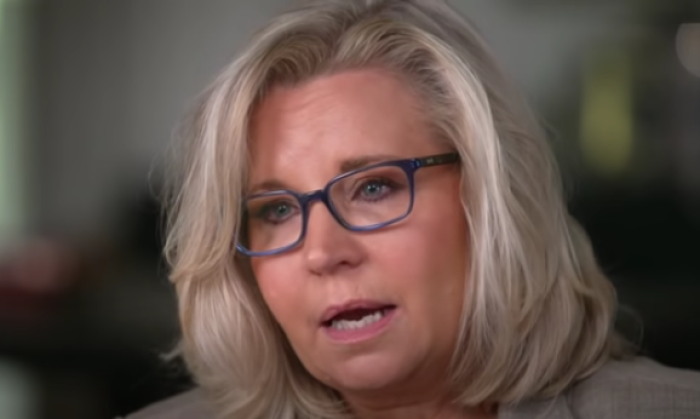
Outspoken Republican Congresswoman Liz Cheney, R-Wyo., has apologized for her previous opposition to same-sex marriage as she continues to fight for her political career.
The 55-year-old lawmaker apologized for her previous opposition to gay marriage in an interview with CBS' Lesley Stahl, which aired on "60 Minutes" Saturday.
Cheney, the daughter of former Vice President Dick Cheney and sister of the openly lesbian Mary Cheney, was pressed by Stahl about her "long-held opposition to same-sex marriage."
Noting that her opposition to same-sex marriage "prompted a bitter falling out with her sister, Mary," who is in a same-sex marriage with children, Stahl asked Cheney, "how do you defend what you did?" Cheney responded by apologizing: "I was wrong."
"I was wrong. I love my sister very much. I love her family very much … and I was wrong," she said. "It's a very personal issue, very personal for my family."
After expressing her belief that her "dad was right" to come out in support of same-sex marriage as she initially doubled down in her opposition, Cheney explained that she has reconciled with her sister.
Elaborating on her new position, she claimed that "We have to recognize … as human beings that we need to work against discrimination of all kinds in our country, in our state."
Six years after the U.S. Supreme Court's decision in Obergefell v. Hodges that invalidated state-level same-sex marriage bans nationwide, Republicans have largely avoided campaigning on the issue. Public opinion polling shows widespread support for allowing same-sex couples to marry in the U.S.
The debate about LGBT issues has shifted as Democrats have rallied behind the Equality Act, which they argue is necessary to codify nondiscrimination protections for the LGBT community into federal law.
Republicans, meanwhile, have expressed concern about the law's impacts on religious liberty, privacy rights and women's rights. Cheney joined nearly all of her Republican colleagues in the House of Representatives in opposing the measure when it came up for a vote in 2019 and 2021.
The bulk of the interview focused on how Cheney has established a reputation as a fierce critic of former President Donald Trump, who carried her state by more than 40 percentage points in the 2020 presidential election. She was one of 10 Republicans who voted to impeach the former president, alleging that he incited an insurrection on Jan. 6.
Cheney's consistent criticism of the former president, who still holds considerable sway within the Republican Party, caused Republicans to oust her from her position as chair of the House Republican Caucus.
Even after the Wyoming Republican Party censured her for her vote in support of impeachment, Cheney continued to focus on the events of Jan. 6. She broke with her Republican colleagues by openly embracing the committee established to investigate the events that led up to the storming of the U.S. Capitol.
Cheney's criticism of Trump has caused her to attract many primary challengers as she seeks a fourth term in office. Trump has endorsed Harriet Hageman, a recent entry into the race whom Stahl described as "a longtime Cheney supporter and family friend."
Polls conducted of the race thus far show Cheney losing to primary challengers, two of whom have exited the race following Hageman's entry. A survey conducted in July by McLaughlin & Associates found Cheney winning 23% of the vote against primary challenger Chuck Gray, who captured 25% in a three-way race featuring a second primary challenger, Darin Smith. Both Smith and Gray have since exited the race.
A previous poll conducted by McLaughlin & Associates in January found Cheney losing by more than 30 points in head-to-head matchups with potential primary challengers while trailing by a smaller margin in a three-way race.
An April poll conducted by Club for Growth found Cheney losing her primary by 38 points to a "generic opponent," who captured 52% of the vote.
Stahl mentioned in her report that Cheney had received the support of former President George W. Bush. Responding to news that Bush and his former chief strategist Karl Rove would be campaigning on Cheney's behalf, Trump released a statement mocking "RINO former President George 'Dubya' Bush and his flunky Karl Rove" for "endorsing warmongering and very low polling, Liz Cheney."
Trump slammed Bush for getting the United States "in the quicksand of the Middle East and, after spending trillions of dollars and killing nearly a million people." He alleged that "the Middle East was left in worse shape after 21 years than it was when he started his stupidity."
Trump consistently expressed disapproval of Bush's foreign policy dating back to his days on the campaign trail and criticized Cheney for embracing a strongly interventionist foreign policy during his Jan. 6 speech, a clip of which was included in the "60 Minutes" report.
Ryan Foley is a reporter for The Christian Post. He can be reached at: ryan.foley@christianpost.com
















